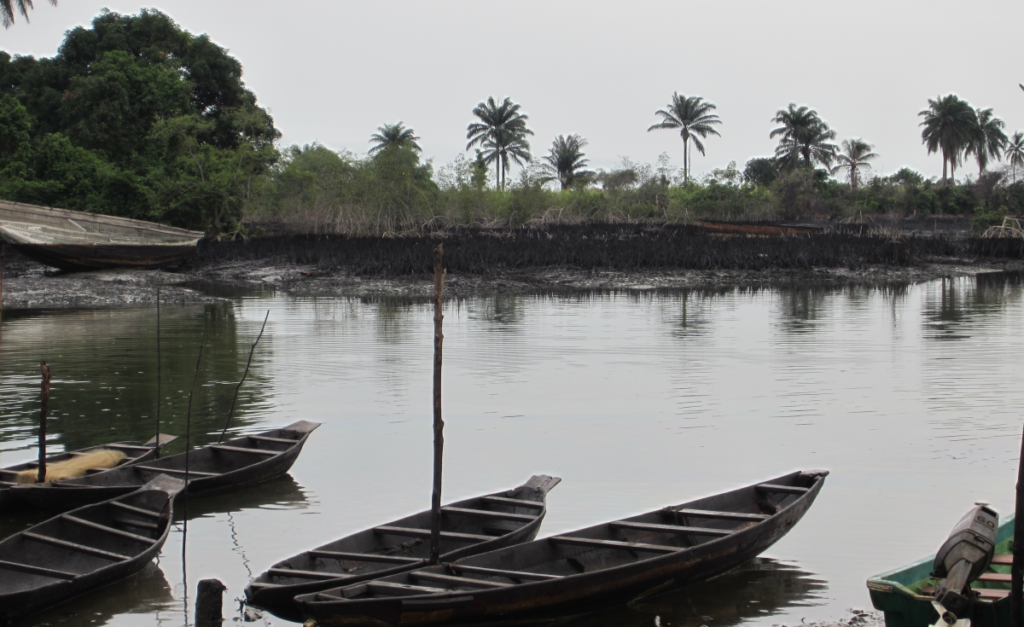Owing to the recent spate of oil spillages and gas flaring activities in the Nigerian Niger Delta region, government has been called upon to urgently overhaul the nation’s environmental regulatory agencies and their monitoring policies.

The authorities have also been urged to review activities of companies executing corporate social responsibilities and environmental management plans, especially oil & gas industries operating in the Niger Delta region.
Making this assertion in a statement made available to EnviroNews on Saturday, June 29, 2019, Mr. Freeman Elohor Oluowo of the Centre for Environment and Sustainable Livelihood Projects (CESLP) lamented that the operations of these firms result into loss of biodiversity, agricultural, property and human lives. He frowned at the activities of pipeline vandals, oil theft and other reported forms of youth restiveness in region, which he said have further degraded the environment.
He said: “More worrisome recently for its livelihood and human health implications is the April 18, 2019 major oil spill and gas burning in Egbema-Gbaramatu Communities of Delta State. Chevron the operator of the Ikpalakpala-bou Oilwell recorded a major oil wellhead spillage, which is currently consuming the peace of the affected communities, due to livelihood losses and destruction, especially as fishing and agricultural dependent communities are thrown into crisis.
“Obviously, the painful past and experience from the Ogoniland oil pollution and in the Niger Delta region in general seem to be forgotten in a hurry by the Nigerian government, oil companies and investors, especially the effect on the Nigerian economy. Over the years, the Nigerian government and environmental regulatory agencies are yet to enforce international compliance to guide the operations and activities of the oil & gas sector.”
Non-governmental organisations under the auspices of the African Centre for Climate Actions and Rural Development Initiative (ACCARD) and CESLP, alongside other environmental experts from the academics led by Oluowo, visited the affected communities to conduct an environmental impact assessment of the affected communities, and also document efforts in place by government and company to remediate the environment after three months of the incident.
Oluowo submitted: “It is still very sad to note that, after three months, nothing remarkable has been done to minimise the crude oil from spreading further and/or stop the gas burning. The affected communities may experience complete livelihood collapse and environmental damage if the situation is left to unabated, especially at Tsekelewu community, where oil dots every property in the community, from walkways to clothing.
“Whereas the community people (including children) have been habiting the polluted environment since the incident, we could hardly breathe during the two days we stayed in Tsekelewu community. We are therefore calling on the Nigerian government and the responsible agencies to as a matter of urgency relocate the affected communities elsewhere temporarily, especially Tsekelewu and compensate the communities in measures commensurate to their losses. This appeal is well-deserved appeal and in line with the communities’ demands. Secondly, there is need to embark on the remediation of the environment to stop further spread of the crude oil, in order to save the rich biodiversity of the area.
“The present relief in the form of food (rice, beans, onion and oil) and drugs is encouraged but not sustainable, especially as it will not cushion the ravaging effect of the sad event on people and the ecosystem.”
